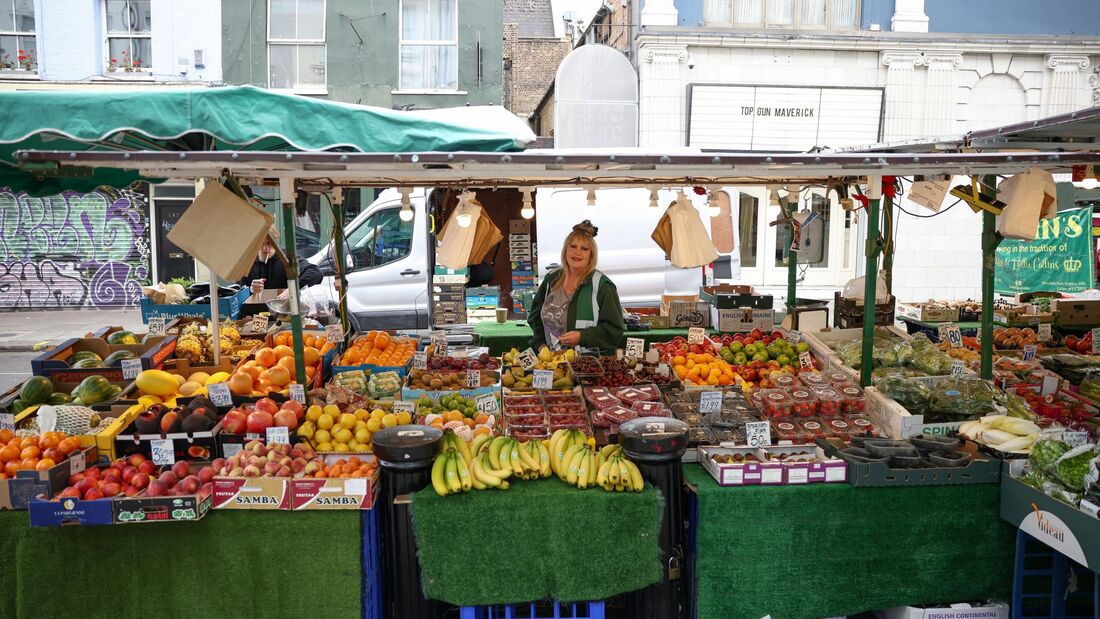At the recent NFU conference, President Minett Batters, broadly blamed the government for the lack of salad crops in supermarkets, the price of food, the weather, insufficient financial support for farmers, and lack of clarity on what is replacing the CAP.
What she did not say was that the government and supermarkets have always promoted a cheap food policy, including importing food at prices below the cost of production in the UK.
Never a fan of Boris, she seems equally unimpressed by Rishi Sunak. I suspect she will not be happy until Sir Keir Starmer moves into No 10. And then what?
Those gifted with common sense and remove themselves from politics, acknowledge the UKs obsession with cheap food is a major part of the problem. The trail of waste from field to fork is shocking. Crops are left to rot in fields and glass houses often due to a lack of will power and labour, and retailers turning perfectly good fresh food away due to the odd blemish, misshape, or timing of delivery.
British retailers are renowned for being tight fisted and short term when sourcing crops from abroad, so it is hardly surprising they fall to the bottom of the pecking order when a shortage arises in Spain and North Africa due to weather, and disease.
Our European cousins do value their food and are prepared to pay a fair price. Consequently, European farmers are better rewarded and appreciated. Here, farmers are considered greedy by expecting to at least cover costs if not show a profit. It is not exactly comfortable being at the bottom of the food chain.
There are indeed problems across the industry, exacerbated by Russia’s war in Ukraine, the energy crises, the wrong weather at the wrong time, and the universal squeeze on the public purse. However, I defy the allegation so freely thrown about that Brexit is to blame. We knew that escaping the clutches of unelected bureaucrats in Brussels would be uncomfortable and challenging, but who can deny the benefits long term.
The advantages of regaining our sovereignty, protecting our borders, and being free to make decisions which are best for Great Britain and eventually Northern Ireland, if Sunak does not give too much away in his efforts to cancel Boris, are worthwhile.
Talking of common sense, much praise has been directed towards Therese Coffey who made the point that we should be more inclined to buy seasonal fruit and veg, including turnips.
We have become too accustomed to get what we want when we want it, without considering the cost, including to the environment. Those who scorned her should consider her wise words, particularly at a time when we are being urged to address climate change, food miles and shortages.


 RSS Feed
RSS Feed